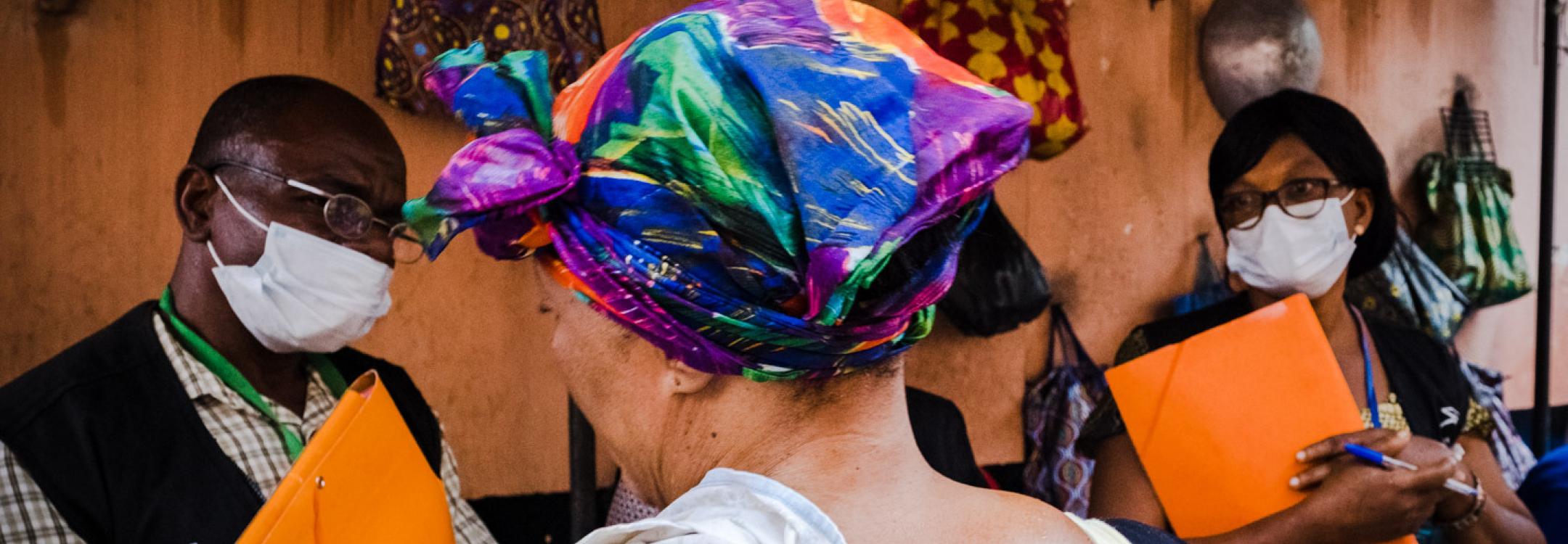What challenges do complaints raise for the NPM’s preventive mandate?
Most NPMs, if not all, regularly receive complaints in the context of and outside visits. The challenge for NPMs is to decide how to respond to these complaints within their preventive mandate.
The NPM’s mandate under the OPCAT is very specific and specialised. It focuses on preventing abuses from occurring by: monitoring the treatment of persons in detention settings, as well as laws, policies and procedures that have an impact on those places and on persons deprived of liberty; identifying patterns and systemic risks of torture and other forms of ill-treatment; and proposing possible measures to reduce the risk of ill-treatment. NPMs’ preventive visits usually take place proactively, rather than in response to any specific event or complaint, even when there is no apparent problem. Therefore, NPMs differ from other institutions, both judicial and non-judicial, whose focus is on investigating and solving individual cases and complaints.
In deciding how to handle complaints, it is important for NPMs to consider some of the related challenges , which may also differ depending on the type of NPM.
Demanding task: Experience shows that handling complaints is very demanding in terms of human and financial resources and can easily divert the NPM from its core mandate. The risk is that NPMs only respond to urgent requests and leave aside the preventive actions that should be at the heart of their work. Therefore, it is very important for NPMs to develop clear guidelines or procedures to handle complaints.
Expectations: The more NPMs are known, the more they receive information and complaints, thus feeling pressured to handle them in order to maintain their credibility. Information is key for the NPMs’ work, so they should be able to receive information from a variety of sources. However, it is important to clarify what they can or cannot do with such information, to avoid creating expectations that cannot be met and thus damaging their reputation.
Ombuds Institutions and National Human Rights Commissions: When NPMs are part of broader institutions with a mandate to handle individual complaints, it may be easier to create an internal separation of functions and, at the same time, ensure regular exchange of information and synergies. Most of the existing Ombuds Institutions and National Human Rights Commissions designated as NPMs have a complaint or investigation department, which is a distinct structure from the NPM, with separate personnel and record keeping system.
In practice, NPMs that are part of larger institutions can refer the complaints received to the specific department within the institution that is competent for investigating them and doing the specific and individual follow-up. The complaint or investigation department, for its part, can share the complaints related to places of detention to the NPM.
Specialised institutions: Some NPMs that are specialised institutions have the additional function, provided by law, to handle and even investigate complaints. In such cases, it is key to establish clear guidelines and procedures and ensure that the core of the NPM’s mandate remains preventive in essence. The NPM may also decide to adopt a strategic approach to handling complaints and carefully select few emblematic ones to follow-up on in view of contributing to changes beyond the single case.
